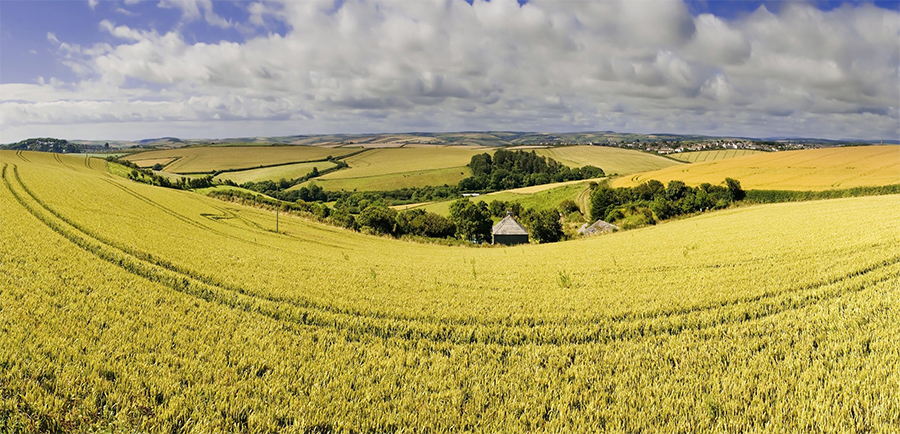
BPS payments for England are set in Euros and then converted into sterling and the rate, an average of the European Central Bank exchange rates set in September, will be €1 = £0.73129.
The Rural Payments Agency (RPA) will make full payments on BPS claims from December and as early as possible in the payment window, with the majority in December and the vast majority by the end of January.
The RPA makes all payments directly into bank accounts by BACS transfer.
This compares with the exchange rate for the 2014 SFP of €1= £0.7773; €1=£0.83605 in 2013 and a 2012 SFP rate of €1= £0.79805.
For 2015, the rate has been based on the average exchange rate across the whole month of September while in previous years the exchange rate has been determined solely by the rate seen on 30 September.
The 2015 rate represents a six percent reduction in the value of the Euro compared to last year with last year’s figure representing a seven percent fall on the year before.
Financial discipline across Europe, first introduced in 2013, will be applied at an estimated 1.4 percent, affecting the new Basic Payment Scheme and coupled beef and sheep schemes. Europe has also entered a new budgetary period. As a result, the overall ceiling for Scotland’s support pot – which fell from €597 million in 2013 to €580 million in 2014 – is expected to fall again.
NFUS Chief Executive Scott Walker said: “Continued uncertainty about European economies is weighing on the euro and has this year been dragging down the value of UK exports to Europe. Today’s exchange rate setting for direct payments brings more disappointment for farmers as it is a huge factor in determining the value of support delivered to all eligible farm businesses in Scotland.
“A second successive year in which the Euro has weakened; ongoing financial discipline and a reducing pot means the level of funding available to support Scottish agriculture is shrinking in a year when almost every agricultural commodity has been struggling. That means delivery in full of the new basic payment in December is vital for the industry.
“With some payment flexibility offered by Europe, it is essential that Scottish Government makes every effort to deliver support within the normal payment window. With all 21,000 forms now submitted, and inspections underway and on track, the industry is looking for some commitment and guarantee that payments will be delivered in December. However, to aid business planning, regular updates to industry on progress are essential.
“Another key element of business planning is for recipients to receive timely notice of the value of their payments this year and those in years to come as we progress through transition. Businesses are already braced for lower support levels but, with the exchange rate now set, they would want to see those figures in black and white to allow them to plan ahead.
“We are looking for Scottish Government to meet its regulatory obligation to inform all claimants in good time of expected receipts.”
